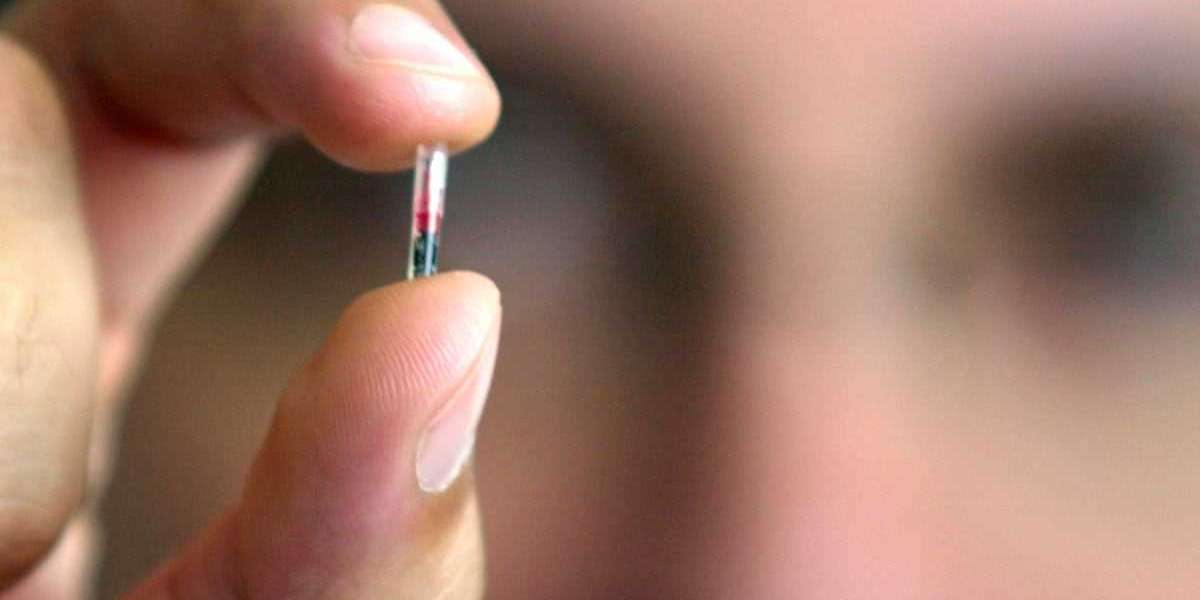Advantages of Microchip
Identification
- Having a chip will save you from having to carry your wallet wherever you go. A simple scan of your hand would easily identify you.
Access to VIP Clubs
- Chips can be used to provide exclusive services to members alone. There will be no risk of stolen cards or mistaken identity as the chip is in and not on you.
Preventing Theft
- Chips within your body could greatly help prevent theft. Chips can be configured to access your bank account so that you will not need to carry actual money for you to transact. Instead, a simple hand sweep over a scanner could suffice to authorize a transaction.
Securing Health
- It would be a good thing if one could walk around carrying their medical records and history, just in case they need it. While this might not be practical in the real world, with a chip embedded on your skin, you could have all this information, such that it can be accessed even if you are unconscious.
Kidnapping and Child Trafficking
- If children could be chipped in the hospital once they are born, it could help to ensure that they don’t get mixed up. It would also greatly help in the rescue mission since it is quite easy to track a person who is kidnapped and has a chip in place.
Disadvantages of Microchipping
Viruses
- Since the microchip is a computer component, it is possible for it to get corrupted through computer viruses. A malicious hacker may take advantage of this and try hacking people chips for fun or financial gain.
Health Risks
- Embedding a chip in the body may lead to infections and diseases. A microchip is a foreign object, and your body may react to it, leading to infections and diseases.






